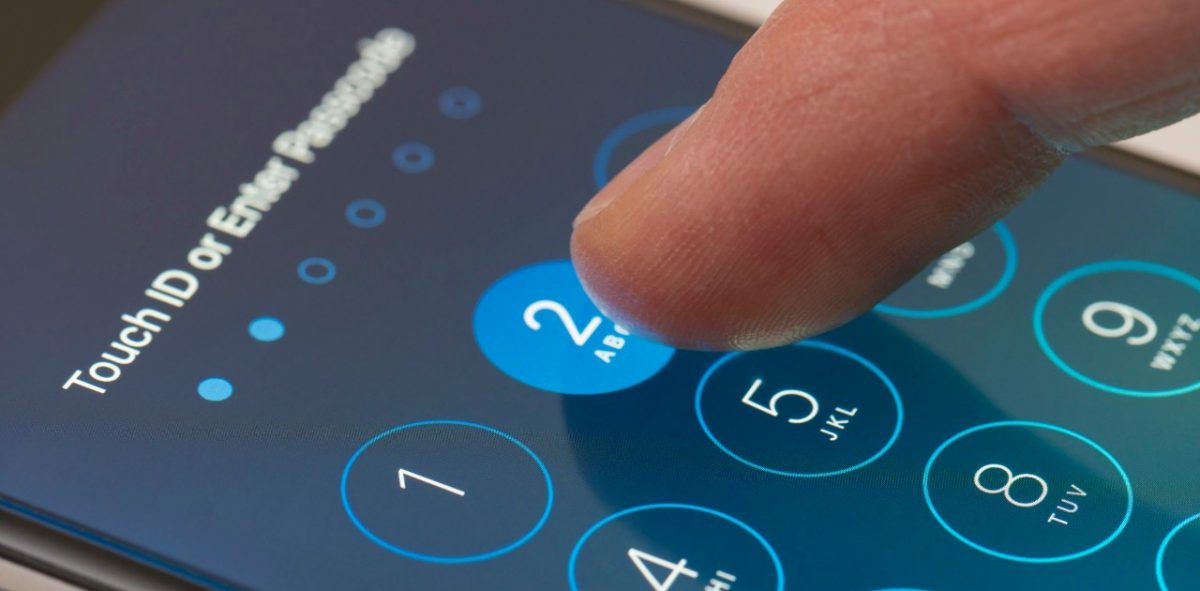New Jersey Supreme Court rules that passcodes aren’t protected by Fifth Amendment

The New Jersey Supreme Court has ruled that passcodes aren’t protected by the Fifth Amendment. States around the country, and other countries around the world, continue to rule differently on whether passcodes are protected by a constitutional right against self incrimination. It’s already been established that biometrics aren’t protected, but these rulings on passcode represent an ongoing legal definition battle that will have far ranging impacts on protestors or at the border.
The New Jersey ruling was found in the case of Robert Andrews. Andrews was a former law enforcement officer that allegedly tipped off a suspect of a police investigation. The phone in question is registered to Andrews, was found in his possession, and law enforcement says they know where the incriminating documents on the phone are located. The court believes that the Fifth Amendment only applies to testimony, not documents. While some courts have ruled that actions such as providing passcodes may count as testimony, New Jersey has put their foot down and decided that police can compel you to provide the passcode to your own phone. The non-digital analogy is that the government can order a defendant to unlock a safe which contains incriminating evidence without running afoul of the Fifth Amendment.
States remain split on whether the Fifth Amendment protects passcodes
Elsewhere in the country, Indiana’s Supreme Court recently ruled that the Fifth Amendment does protect from being forced to provide a passcode. All in all, Florida, Pennsylvania, and Wisconsin are also like Indiana and have ruled that the Fifth amendment does protect passcodes. The rationale in these states is that while law enforcement may know about certain incriminating documents that could be accessed if the passcode were provided, providing the passcode allows access to absolutely everything on the phone – which could turn up additional evidence that prosecutors didn’t know about. This inevitable side effect of giving up the passcode for encryption is too much like a fishing expedition for more evidence. In contrast, state courts in Virginia and Massachusetts have ruled similarly to New Jersey. Add on top of that federal cases that have caused similar rulings in Colorado and Vermont and we officially have no consensus on whether a passcode is protected by the Fifth Amendment and hints of patchwork enforcement.
The NJ court actually noted that the Fourth Amendment privacy right against illegal search and seizure should be the route to challenge law enforcement requests for a passcode. What is clear from all of these rulings is that a passcode is still superior to biometrics and development/deployment of decoy operating systems is needed. Extreme examples include instances where police have used the faces or fingerprints of dead people to unlock phones. Until the point that the US Supreme Court makes a decision on this, the enforcement will continue to be patchwork.
